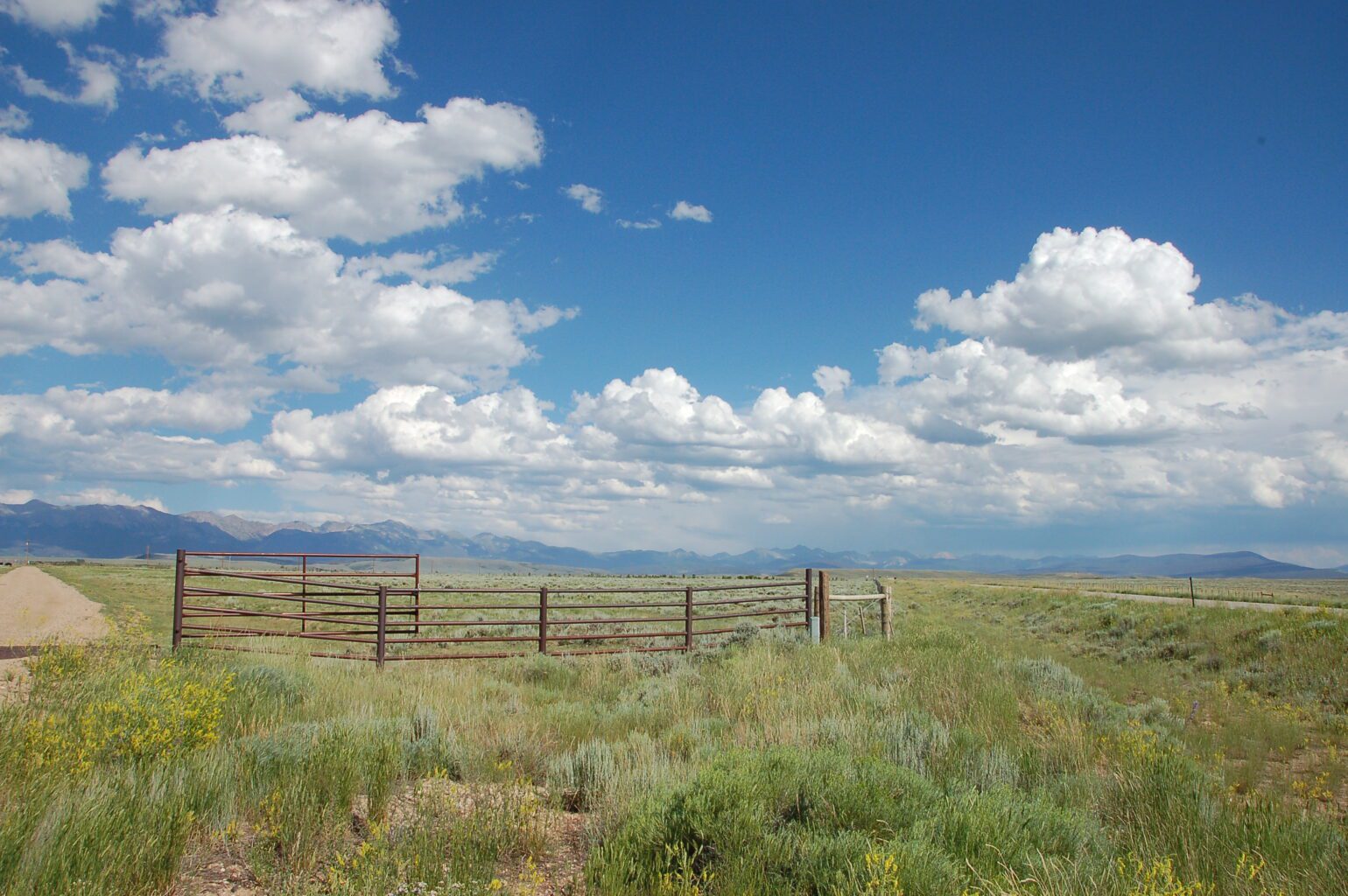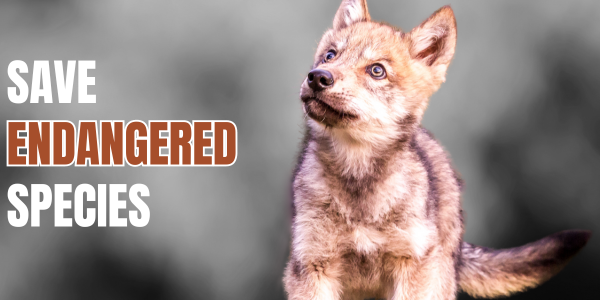Prairie dogs are a keystone species that creates required habitat for many other types of native wildlife, including mountain plovers, burrowing owls, and swift foxes. Black-footed ferrets rely exclusively on prairie dogs for prey and on prairie dog burrows for shelter. However, many landowners, livestock operators, and state agencies consider prairie dogs to be pests and exterminated them from 98% of their historic range, consequently pushing black-footed ferrets to the brink of extinction. For decades, federal agencies have recognized Thunder Basin as one of the most promising sites for ferret reintroduction due to its relatively large number of contiguous federal acres and the presence of black-tailed prairie dog colonies.
In the new plan amendment, however, and at the behest of agricultural interests and Wyoming state agencies, the Forest Service replaced a 50,000-acre ferret reintroduction area with a 10,000-acre cap on prairie dog colonies and a new livestock-focused management designation. The wildlife habitat area shrinks even more to just 7,500 acres during increasingly common drought years, well below the recognized threshold to sustain a successful ferret reintroduction and other sensitive species that rely on prairie dog colonies, like mountain plovers.

